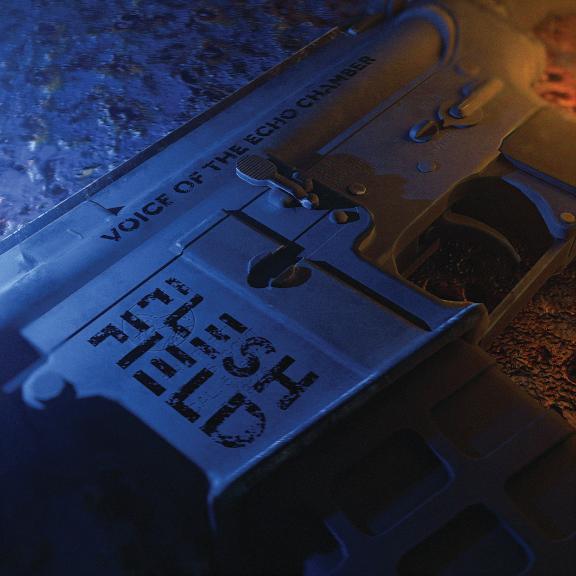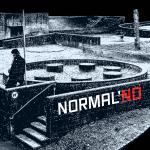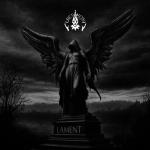You can tell it's going to hit hard. American electro-industrial band Flesh Field have released a handful of albums since 1999, the last of which was twelve years ago, each distinguished by its violent rhythms and heaviness, somewhere between Front Line Assembly (Gashed Senses & Crossfire period) and industrial metal. At the end of last year, Ian Ross reassembled his solo project, for a fifth album entitled Voice of the Echo Chamber; the cover illustration by Clint Carney tells us straight away that the voice in question will be murderous.
The metaphor of the echo chamber depicts the situation of confinement in which an individual is surrounded only by ideas that conform to those he has adopted, as if they were reflecting his own voice, leading him to cut himself off from the rest of society. According to Flesh Field, the album represents the gradual radicalisation of an individual to the point of crime as a result of imprisonment in his own beliefs, all the more so in an over-armed society like the United States.
As expected, Voice of the Echo Chamber is a particularly tense album. The introduction, Crescendo, first plunges us into an anxiety-inducing atmosphere, built up by the hubbub of distant human voices and an ominous overlay, amidst which the violence of drums, mechanical sounds and Ian Ross's saturated vocals, representing the disconnection between the individual on the path to violent radicalisation and his society, takes hold. It's effective, and halfway through the track we immediately notice a significant change in Flesh Field: the now one-man project is no longer afraid to use the sound of a saturated guitar to crush us; it makes several occasional interventions amidst the electronics throughout the album, not enough to be called industrial metal, but it nevertheless contributes a great deal to the heaviness of the whole. The samples reminding us of a humanity outside the individual then disappear; the album is then invaded by the sounds of machines at work, banging and grinding along to relentless rhythms, compressing the still saturated vocals and the few electronic loops, translating the aggressive and paranoid obsessions into which the individual sinks. A number of breaks and bridges break up the bludgeoning to ensure that the blows are always dealt. The album also contains a few moments of respite, and fortunately so: orchestral samples sometimes interrupt the massacre just long enough to bring out their dramatic intensity, notably on Manifesto, and a piano can sometimes be heard in the midst of the desolation, as at the start of Rampage.
Voice of the Echo Chamber is a well thought-out album, both brutal and anguishing. It's best in the middle, on the tracks Arsenal and Manifesto, where the violence reaches a climax, or on the final outburst Reset - the album strays a little on its second half. Flesh Field certainly doesn't reinvent the sounds of industrial music, far from it, they're still very much in line with the North American scene, but anyone looking for an echo of the violence of our contemporary societies will find one in this record.





